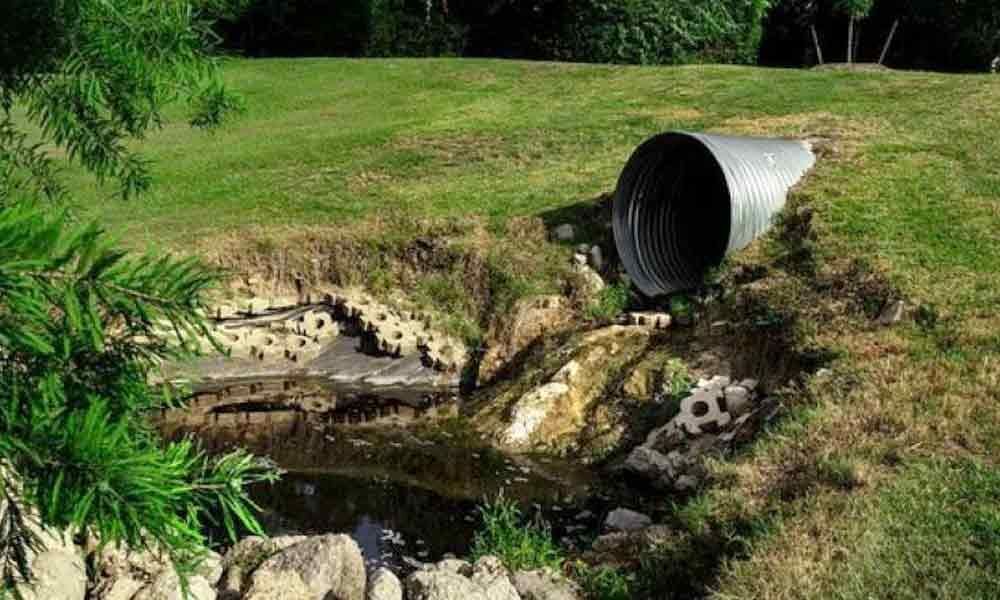New eco-friendly process to remove pollutants from water

Researchers develop eco-friendly process to remove pollutants from water.
Washington: Researchers developed a wastewater treatment process that uses a common agricultural byproduct to effectively remove pollutants and environmental hormones, known as endocrine disruptors.
The sewage and wastewater that are inevitably produced at any industrial worksite often contain large quantities of pollutants and environmental hormones (endocrine disruptors). Because environmental hormones do not break down easily, they can have a significant negative effect on not only the environment but also the human body. To prevent this, a means of removing environmental hormones are required.
According to the study published in the journal of Ultrasonics Sonochemistry, the performance of the catalyst that is currently being used to process sewage and wastewater drops significantly with time. Because high efficiency is difficult to achieve given the conditions, the biggest disadvantage of the existing process is the high cost involved.
Furthermore, the research done thus far has mostly focused on the development of single-substance catalysts and the enhancement of their performance. Little research has been done on the development of eco-friendly nanocomposite catalysts that are capable of removing environmental hormones from sewage and wastewater.
The research team, led by Dr Jae-woo Choi and Dr Kyung-won Jung, utilised biochar, which is eco-friendly and made from agricultural byproducts, to develop a wastewater treatment process that effectively removes pollutants and environmental hormones.
The team used rice hulls, which are discarded during rice harvesting, to create something eco-friendly and economical, biochar. The surface of the biochar was coated with nano-sized manganese dioxide to create a nanocomposite. The high efficiency and low cost of the biochar-nanocomposite catalyst are based on the combination of the advantages of the biochar and manganese dioxide.
Researchers used the hydrothermal method, which is a type of mineral synthesis that uses high heat and pressure when synthesising the nanocomposite in order to create a catalyst that is highly active, easily replicable, and stable. It was confirmed that giving the catalyst a three-dimensional stratified structure resulted in the high effectiveness of the advanced oxidation process (AOP), due to the large surface area created.
When used under the same conditions in which the existing catalyst can remove only 80 per cent of Bisphenol A (BPA), an environmental hormone, the catalyst developed by the team removed over 95 per cent in less than one hour. In particular, when combined with ultrasound (20kHz), it was confirmed that all traces of BPA were completely removed in less than 20 minutes. Even after many repeated tests, the BPA removal rate remained consistently at around 93 per cent.
"The catalyst developed through this study makes use of a common agricultural byproduct. Therefore, we expect that additional research on alternative substances will lead to the development of catalysts derived from various types of organic waste biomass," said, Dr Kyung-won Jung.
"We have high hopes that future studies aimed at achieving process optimisation and increasing removal rates will allow for the development an environmental hormone removal system that is both eco-friendly and low-cost," Dr Jae-woo Choi, said.














